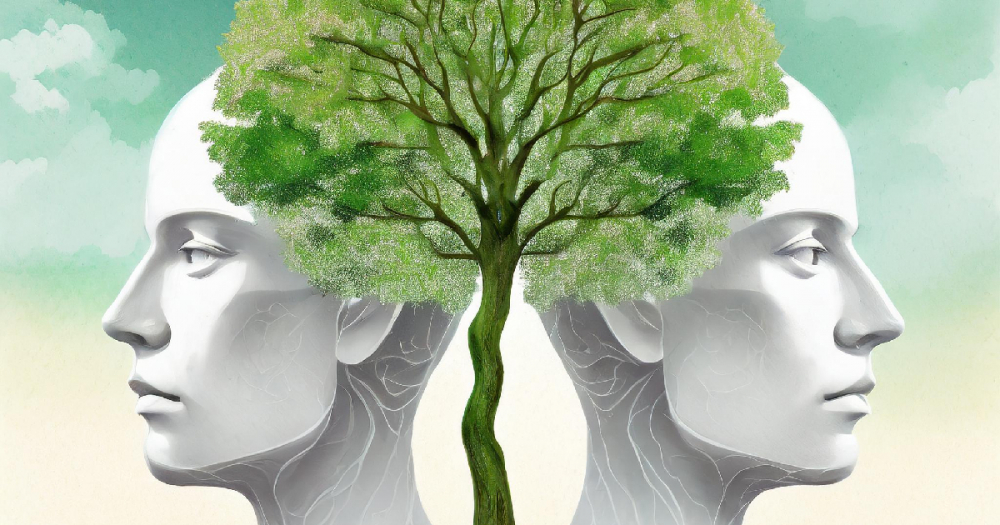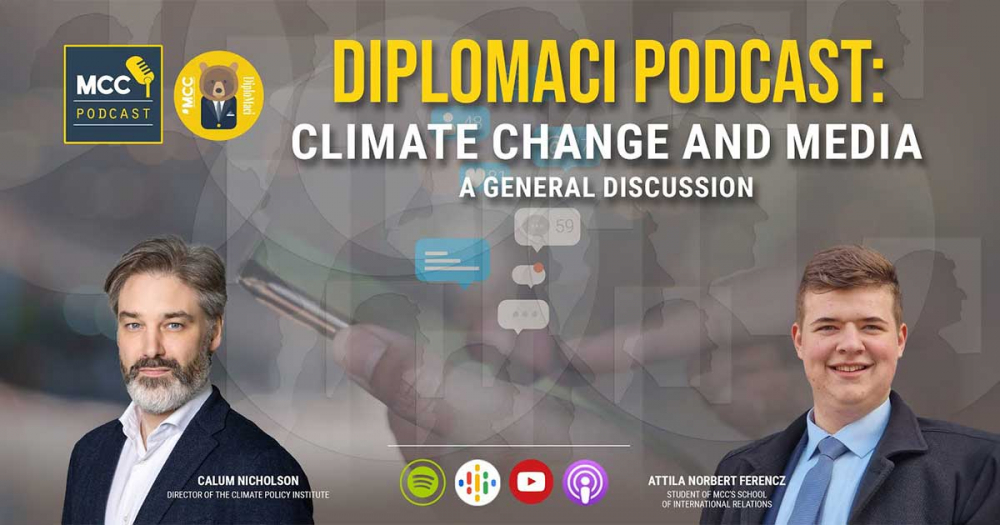Deep ecology, or deep green ideology, is one of the most debated and contentious areas in environmental thinking, sparking serious discussions. This ideology is built on principles that emphasize harmony with nature, sustainable lifestyles, and the restraint of human activities to preserve the natural resources of our planet. While this ideology appears noble at first glance, beneath the surface lie numerous contradictions, populisms, and philosophical deadlocks, necessitating critical examination.
Deeply Green
The roots of deep green ideology are deeply reach back to the dawn of human thought, where people lived guided by the rules of nature and lived according to the rules of their immediate environment. This ideology is based on the principle that humans must establish a harmonious relationship with nature and respect it. Deep green thinking encourages people to recognize the wisdom and beauty of nature and to develop a closer connection with it. Among the iconic figures of this ideology are Arne Naess, the Norwegian philosopher who first used the term "deep ecology" to distinguish it from "ecological sustainability."
Naess saw nature as an eternal, beautiful, and worthy entity deserving of respect. Another prominent figure in deep green ideology is Rachel Carson, the American writer and biologist who warned of the dangers of environmental pollution and degradation in her book "Silent Spring." Carson's words deeply impacted people and contributed to the strengthening of environmental movements.
With the influence of such thinkers, deep green ideology advocates for unity between nature and man. Deep green thinking urges people not only to view nature as a source of life from which we can draw uncontrollably and excessively but also to regard it as a living entity deserving of respect and care. This ideology encourages people to change their lifestyles and decisions to build a more sustainable and harmonious relationship with nature and each other.
The relationship between humans and nature, which holds a prominent place in deep green ideology, cannot simply be broken down into straightforward principles and rules. The apparent simplicity of deep green ideology conceals philosophical and moral questions that are far more complex than its proponents are inclined to admit. The factors shaping the relationship between humans and nature are extremely diverse and varied, and they cannot be adequately addressed within the framework of a single ideology.
Beyond the Dead-end
The central elements of deep green ideology include reverence for nature and harmony between human activity and nature. However, it is worth questioning how concrete and comprehensive these concepts are. For example, reverence for nature encompasses various interpretations and definitions that are often incompatible with each other. Moreover, achieving a harmonious relationship between human activity and nature is not simple, as the relationship between human existence and nature depends on numerous complex factors.
Human society is rich and diverse, and meeting human needs often conflicts with preserving the natural environment. Societies must address numerous basic needs, such as providing food, drinking water, energy, and housing. However, meeting these needs often leads to environmental damage, such as deforestation, water pollution, or air pollution. These activities can conflict with the harmony and subordination promoted by deep green ideology regarding the relationship between human activity and the natural environment.
Firstly, it is important to understand that while deep green ideology emphasizes harmony with nature and restraint of human activity, this approach is often accompanied by excessive idealism. „The relationship between nature and human society cannot simply be reduced to an idyllic state. Human society and the economy are such intricate and complex systems that a simplified ’back to nature’ message cannot fully address the challenges of the modern world,” says Steven Pinker, a researcher of modern societies and human development. The global economy, urbanization, and industrial development are realities that we must face, and simplified answers do not offer adequate solutions.
Secondly, deep green ideology sometimes tends to unsettle people regarding technology and development. „While it is important to recognize that certain technologies can cause environmental harm, technology and innovation are crucial for shaping a sustainable future,” argues Bjorn Lomborg, a Danish economist. Instead of radical restraint, it would be preferable to find solutions that enable economic growth and improvement in living standards without leading to environmental destruction.
Thirdly, deep green ideology often approaches the relationship between nature and humans in an overly abstract manner. „Principles can be beautiful and inspiring, but the practical application of these beautiful thoughts and their integration into everyday life often presents challenges,” notes David Owen, a British writer. People need not only to understand the importance of nature but also to take concrete actions to create a sustainable lifestyle.
Finally, deep green ideology often tends toward a romantic retrospective view of the past. „However, this nostalgia generally paints an idealized and oversimplified picture of the past,” argues Naomi Oreskes, a historian and philosopher of science. It overlooks the developmental trends, human factors, and realities that characterize human history.
The Message
Times are changing, and idealism is not always sufficient to address current challenges. The relationship between humans and nature, which we strive to preserve, cannot simply be shaped by romantic ideas. Often, we must make tough decisions where social and economic interests clash with environmental considerations.
Human society must accept that a harmonious relationship with nature is not only a commendable ideal but also a practical challenge. Sustainability does not only mean preserving ecological systems but also ensuring the viability of human communities and economies. Instead of excessive idealism and nostalgia, we must stay grounded in reality and seek solutions that strike a balance between human needs and the sustainable use of natural resources.
This is our message: let's be green, but let's also be pragmatic. We cannot afford to bury our future in our dreams. Deep green ideology cannot be an excuse to ignore or exaggerate our unresolved problems. We can only be truly effective and responsible when we recognize that reality is often more complex and cruel than we imagined. This understanding is not an escape from reality but responsible action in the real world.




